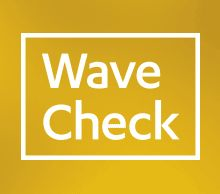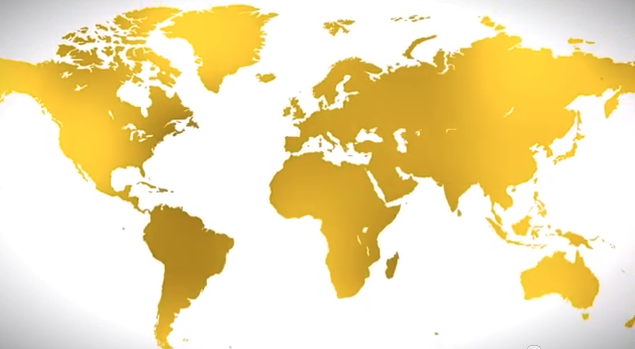MI’s Fazila Seker also interviewed in National Post article on what prompts medical researchers to consider crowdfunding
 The WaveCheck crowdfunding campaign, which raised $53,390 on Indiegogo to support clinical trials for a clinical technique invented by researchers at Sunnybrook Health Sciences Centre and Ryerson University, was included in a new Canadian-led study on the merits of crowdfunding to support cancer and rare diseases.
The WaveCheck crowdfunding campaign, which raised $53,390 on Indiegogo to support clinical trials for a clinical technique invented by researchers at Sunnybrook Health Sciences Centre and Ryerson University, was included in a new Canadian-led study on the merits of crowdfunding to support cancer and rare diseases.
“Crowdfunding drug development: The state of play in oncology and rare diseases,” was published in Drug Discovery Today‘s June issue.
MaRS Innovation has confirmed with lead author Professor Nick Dragojlovic of the University of British Columbia that WaveCheck was among the campaigns included in the study.
Here’s the study’s abstract:
In this article, we present descriptive data on 125 crowdfunding campaigns aimed at financing research in oncology (including basic research, drug discovery, and clinical trials). We also describe five campaigns that have succeeded in raising substantial funds to support the development of treatments for ultrarare diseases. The data suggest that crowdfunding is a viable approach to supporting early proof-of-concept research that could allow researchers in oncology and rare diseases to succeed in traditional grant competitions or to attract private investment. The data also suggest that such an approach could become a valuable additional source of funding for early-stage innovators in the drug development arena.
Dr. Fazila Seker, co-director of the WaveCheck campaign, was also interviewed in the National Post in Tom Blackwell’s front-page article, “Drug researchers turn to crowdfunding as ‘lean times call for creative measures.” It describes the Dragojlovic-Lynd study and examines what it may portend about the future of crowdfunding medical research.
Here’s an excerpt:
A team at Toronto’s Sunnybrook Health Sciences Centre and Ontario’s MaRS Innovation raised over $50,000 last year for WaveCheck, an ultrasound device wedded with innovative software that can show early on whether chemotherapy is working — saving valuable time if a different treatment approach is needed.
The group had hoped to generate twice that amount to fund a clinical trial of the technology, but the crowdfunding exercise helped convince an Ontario research agency to kick in $100,000, said Fazila Seker, WaveCheck business-development manager.
Even with a good idea and solid credentials, medical scientists now face a daunting task getting money from government organizations with limited budgets. Success rates for requests to the Canadian Institutes of Health Research, for instance, are less than 20%, said Ms. Seker.
“The odds of actually winning a grant application? You’d do better if you were just tossing a coin,” she said. “It’s very lean times, and lean times call for creative measures.”
By Elizabeth Monier-Williams, director of marketing and communications.

